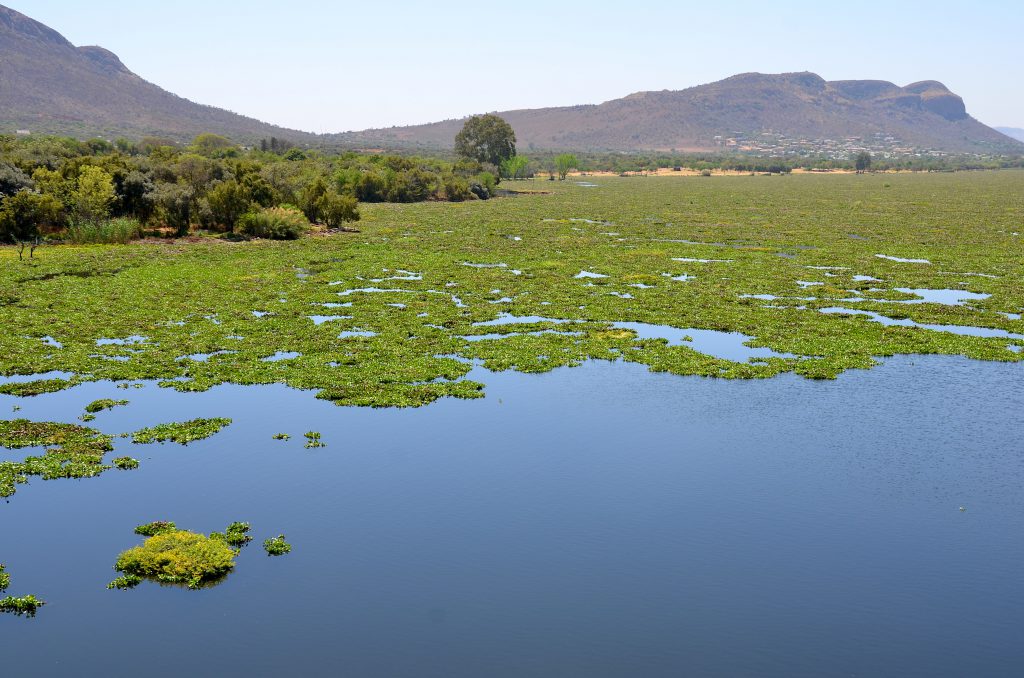Alien species dramatically contribute to future biodiversity loss
Already an increase of 20 to 30 percent of invasive alien species will lead to dramatic future biodiversity loss worldwide. This is the conclusion of a new study led by Franz Essl and Bernd Lenzner (University of Vienna) within the project AlienScenarios and published in the scientific journal Global Change Biology.
Human activities intentionally and unintentionally introduce more and more species to new regions of the world – for example, via commodity transport or tourism. Some of these alien species have negative consequences for biodiversity and humans well-being, for example by displacing native species or transmitting diseases. However, while we have relatively good information on the historical spread of alien species, there is still little knowledge about their future development.
Dramatic loss of biodiversity
“At the moment it is not yet possible to generate precise predictions based on computer models as to how the spread and impact of alien species will change in the future. Therefore, expert assessments via standardized surveys are an important tool to obtain a better understanding of the causes and consequences of the spread and impact of alien species for the coming decades “, says Franz Essl, one of the two lead authors. The study shows that an increase of 20 to 30 percent in the number of newly introduced alien species is considered sufficient to cause massive global biodiversity loss – a value that is likely to be reached soon, as the number of introduced species is constantly increasing.
Climate change and trade determine increase in alien species
Furthermore, humans are the main driver of the future spread of alien species. The experts identify three main reasons, primarily the increasing global transport of goods, followed by climate change and the extent of economic growth. The study also shows that the spread of alien species can be greatly slowed down by ambitious countermeasures.
The researchers additionally investigated the influence of the increase of alien species on different regions of the world: For example, tourism is a major driver of biological invasions in tropical and subtropical regions, while climate change favors the survival and establishment of alien species in the future, especially in polar and temperate regions.
Politics have the responsibility to act
The scientists believe that political decision-makers have the responsibility to act: “Our study illustrates the option space we currently have to reduce the future impacts of alien species”, says Bernd Lenzner and adds “The results form an important scientific basis for the further development of international agreements such as the Sustainable Development Goals or the Convention on Biological Diversity. This way we will be able to reduce the negative impacts of alien species on global biodiversity and our society”.
Publication in “Global Change Biology”:
Essl, F., et al. Drivers of future alien species impacts: An expert-based assessment. Global Change Biology, 2020. DOI: https://doi.org/10.1111/gcb.15199.
